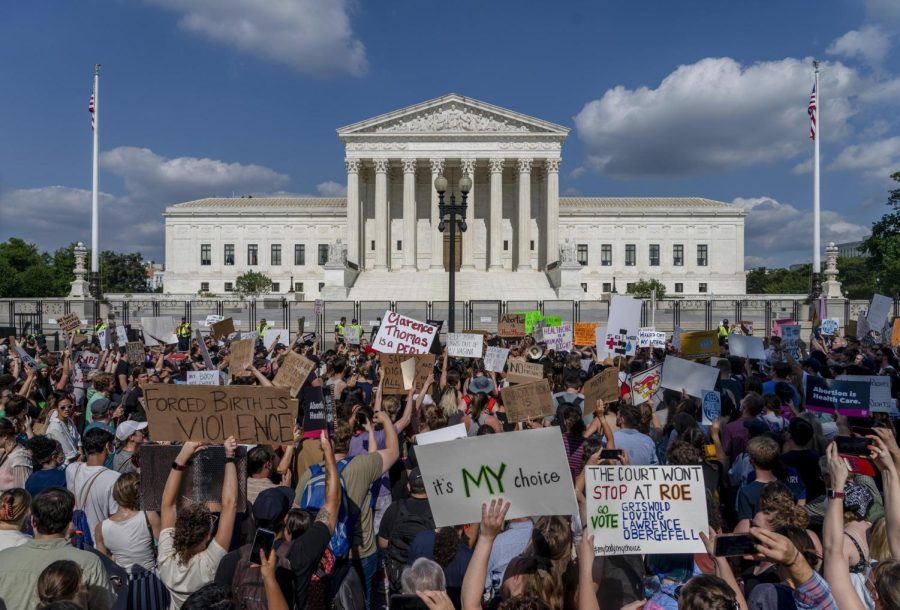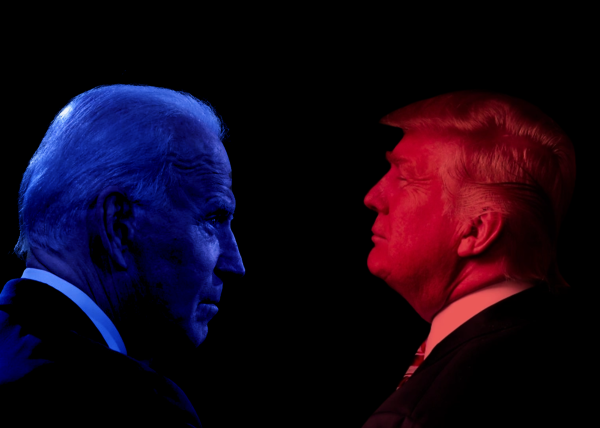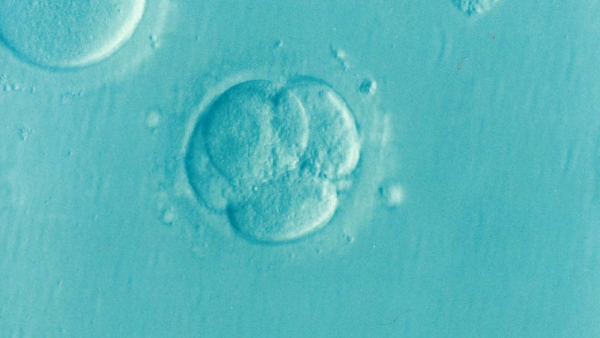Bad Rulings of the Supreme Court: Abortion
Recently the Supreme Court (SCOTUS) has almost been on a one-man warpath to restrict various constitutional rights.
Long-standing rights and legal precedents such as Miranda rights, abortion, the ability to sue federal officials for constitutional violations, separation of church and state, and the ability to sue for ineffective legal counsel are all up in the air.
Now with SCOTUS starting a new term and putting its eyes on discrimination against LGBT couples, affirmative action, and voting rights, it doesn’t seem like this trend will stop anytime soon.
In response, I am creating a new series where I discuss why these rulings are so backward and tackle the fundamental ideas in question with these cases.
Naturally, I’ll discuss the highest-profile case first, Dobbs v. Jackson Women’s Health Organization. If you would like a more specific rundown of the potential ramifications and effects this can and will have I’d recommend reading Fatimah Bouri’s editorial on this. I will be more focused on the flawed decision-making behind the ruling and the ideas behind the pro-life movement.
Firstly, I will admit that the justification for the ruling of Roe v. Wade was shaky at best. While it established a right to an abortion, it was justified under the 14th amendment with the due process clause.
It states, “nor shall any State deprive any person of life, liberty, or property, without due process of law; nor deny to any person within its jurisdiction the equal protection of the laws.”
The problem with this ruling is that it was justified on the wrong part of the 14th amendment. The argument was that restricting access to abortions limited a woman’s right to privacy. While it does technically do that, the extent to someone’s constitutionally given privacy is muddy at best.
Instead, a much better justification can be found in the Equal Protection clause
It states, “No State shall make or enforce any law which shall abridge the privileges or immunities of citizens of the United States”
Having it justified under the equal protection clause, gives a much stronger constitutional foundation for the decision as it shifts from maintaining a woman’s right to privacy but rather gender equality. By framing it more as an equal rights issue, you can present a much stronger constitutional and scientific argument as to why a woman has the right to an abortion.
Regardless though, that has little bearing on the decision of Dobbs v. Jackson because the court takes it one step further by not only overturning Roe v. Wade and Planned Parenthood v. Casey but also saying that there is no constitutional basis for the right to an abortion.
“The Constitution makes no reference to abortion, and no such right is implicitly protected by any constitutional provision, including the one on which the defenders of Roe and Casey now chiefly rely—the Due Process Clause of the Fourteenth Amendment.” wrote Justice Alito in his majority opinion.
In this sense, it’s not so much the fact that Roe v. Wade is now overturned but rather that they just flat-out said abortion is not a constitutional right. Yes, Alito is correct that abortion is not directly protected under any constitutional provision but I would argue that it is implicitly protected under the Equal Protection clause.
In order to truly tackle this issue though, you have to be able to define what constitutes personhood.
1 USC §8 states “every infant member of the species homo sapiens who is born alive at any stage of development.”
So the US federal code fully states that personhood doesn’t truly begin until the baby is born. But let’s take a step further and see what this truly means. By saying that personhood doesn’t begin until birth it implies that for someone to truly attain personhood they have to have in some sense body autonomy; that they have to be able to survive without the help of the mother.
According to federal law, a fetus is not truly a person. In this sense then, a woman by extension does have the right to treat it like any other medical issue. It would be akin to getting a kidney or tumor removed because the fetus essentially acts as an organ or parasite of the mother.
Before I have someone trying to mention fetal cells helping the mother’s health, a leach releases enzymes so that the host doesn’t feel pain; just because the parasite does one good thing doesn’t mean it’s not taking more than it’s giving.
Regardless of federal code though let’s hypothetically assume that a fetus does in fact count as a separate life. Even under this assumption, pro-life arguments still fall flat.
People who are brain-dead are not legally afforded the same rights as everyone else. Their life and rights are usually put in the hands of family members who make decisions for them such as pulling the plug.
So why is it ok to take away these people’s right to life but not for fetuses? They both do not have full body autonomy as they need outside help to survive and they both do not possess the cognitive function to interact with their external environment.
Because of this, personhood is better defined as a level of consciousness that is able to rationally and creatively interact with one’s environment within a reasonable threshold.
With this in mind, a fetus does not effectively meet these criteria. A fetus does not have the same level of cognitive function as an adult cow yet pro-life people argue that the fetus has a right to life but the cow does not. This implies then that they believe it’s simply a matter of being a homo sapien that defines persohood which brings me back to the brain-dead person analogy.
If the person who is brain-dead does not in fact have personhood then how does a fetus or even a zygote that has no brain function whatsoever? Personhood can’t inherently be attributed to any living human being while also being taken away from those who do not have the cognitive capacity to make rational decisions.
The logical extension of that would be that a fetus or zygote does not have the same natural rights as other humans. So couple that with the legal definition of personhood according to the US Federal Code, a fetus does not count as a person.
Consequently, that renders an abortion to function as any other medical procedure whether it be a kidney removal, heart transplant, etc. So by restricting access to abortions you limit women’s ability to access medical care when compared to men.
Meaning that restricting abortions is in fact a violation of the Equal Protection Clause since you are restricting women from receiving medical care on the basis of sex. So even without Roe v. Wade, there is in fact a justifiable constitutional basis for the right to an abortion.
The court’s ruling in Dobbs v. Jackson Women’s Health Organization sets a worrying precedent not only for women’s body autonomy but also for medical rights in general.
“Ensure that our decision is not misunderstood or mischaracterized, we emphasize that our decision concerns the constitutional right to abortion and no other right. Nothing in this opinion should be understood to cast doubt on precedents that do not concern abortion” wrote Justice Alito.
It would be comforting to take him at his word here but the potential ramifications of a ruling such as this are too large to ignore. Now with Justice Clarence Thomas setting sights on anti-sodomy laws, gay marriage, and the right to contraception. There’s no telling where the court will go next.











Mike • Oct 25, 2022 at 1:06 pm
One must not prioritize liberty over life. Without the guarantee to life, our liberties mean nothing. Having a right to an abortion is not a liberty because it is the action of premeditatedly ending a life.
Determining when life begins is not a controversial issue, nor is it a constitutional or legal issue. It begins at conception, when the merger of a man’s and woman’s DNA occurs. That is no longer a potential life, and can no longer be dismissed as just a bundle of cells. That is life. That was you. That was me. That was your son, daughter, brother, etc.
Abortion is not solely a woman’s right either. Saying so implicitly denies the life of the child and the rights of the other 50%, I.e., the man.
The West has lost its course, and has abandoned any semblance of moral guidance. No longer are we (not all, but many) capable of determining what is acceptable or unacceptable. This is the post-modernist world we live in, and it is a detriment to our civilization. Canada is expanding access to MAID, some American groups/politicians support abortion through the ninth month, etc. Life is being trivialized. Our spirit is lost.